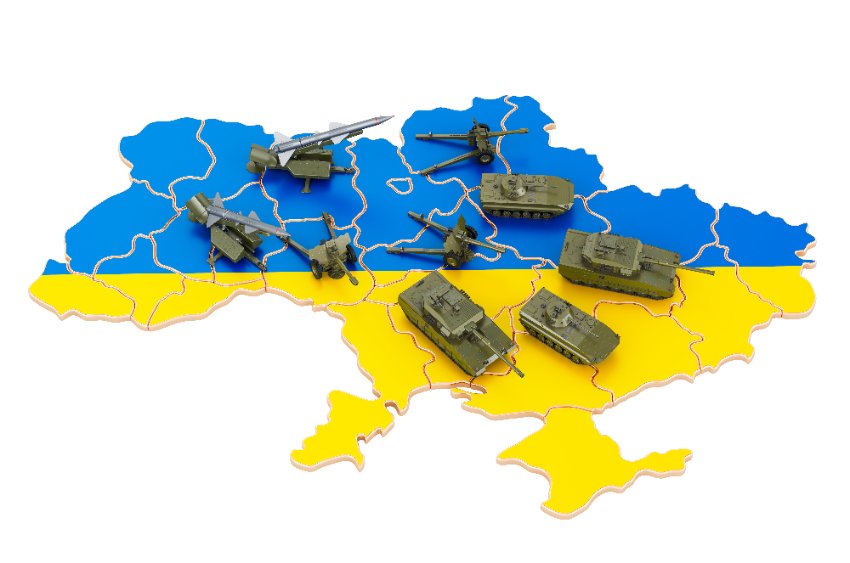Activity 6d:
Economic implications of the Russian invasion of Ukraine

- It can be used as an example of global supply shock because both Russia and Ukraine significant exporters of global commodities, such as oil, gas and wheat. restrictions in the supply of these commodities to global markets results in high prices and raises costs of production for global producers. It is in this respect that it can be considered to be a global supply shock.
- Following on from question 1, this is because both nations significant exporters of commodities and/or raw materials that used in the global supply chain.
- Australian manufacturers will be forced to face higher costs of raw material including oil, and natural gas, and metals, all of which are inputs into the production of various manufactured items. This actively impact on Australian manufacturers because they will either have to suffer a lower profit margin per unit sold or, alternatively, suffer a drop in sales to the extent that they attempt to pass on the costs to consumers via higher prices.
- As chart 2.6 highlights, Australia and Canada are the two countries which stand to gain from the general increase in global commodity prices. This is because both countries are net exporters of commodities (or energy exports in this case) and higher global prices result in additional revenue per commodity shipped to the global market place.
- It is estimated that the conflict will cause reduce global growth by ¾ of a percentage point and increase global inflation by around 1½ percentage points. Slower global growth and higher inflation will impact negatively on the Australian economy as lower growth results in higher unemployment and lower incomes, while higher inflation reduces purchasing power and reduces Consumption and Investment demand (amongst other negatives associated with an inflation rate that is considered excessive (e.g. consistently above 3%).
